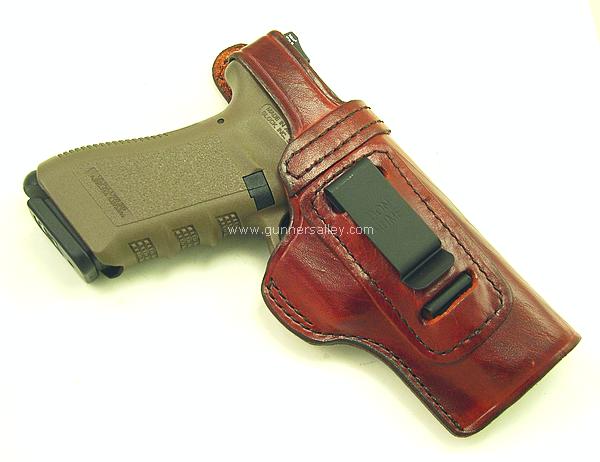Since the state of Illinois passed the new CCW bill and residents begin to apply for permits, political fallout from this legislation has continue to build. Below you’ll see snippets of an article posted on the CBS Chicago site detailing a “warning” from the Chicago Police Superintendent about the potential problems that will arise from the landslide number of CCW permits that are coming in.
Reading the article below, you’ll see that he references 2 of the known incidents where lawful CCW holders in different states escalated what appears to be non-violent incidents into situations where the deadly force was inappropriately applied and lives were taken. While these incidents are certainly tragic, and indicate a clear need for strong background review in the CCW process, they represent a extremely small number of situations in comparison to the total number of CCW permits issued across the US today.
Also, noticeably absent from this article are any examples of the many, many scenarios where a CCW holder has protected life and limb by having access to a concealed carry weapon.

CHICAGO (CBS) – As the state’s first permits to carry concealed firearms began arriving in the mail this week, Chicago Police Supt. Garry McCarthy was warning of potentially deadly consequences from having more guns on the streets.
Illinois State Police began sending out the first 5,000 concealed carry permits last week, and those permits began arriving in the mail this week.
“There are going to be confrontation situations. We’re hearing stories across the country about people getting shot over ‘thug music,’ right? Or somebody throwing popcorn in a movie theater,” he said. “These things are going to come, as sure as we’re standing here.”
He said deadly shootings involving people supposedly acting in self-defense will be seen in Illinois now that residents can carry guns in public.
“Stand by and watch what happens. The answer to gun violence is not more guns,” McCarthy said.
But an Orland Park husband and wife who are among the first people to get concealed carry permits said they feel the law is too restrictive for gun owners. Steven and Leslie Potete applied for licenses years after they were robbed at knifepoint, and said they believe locations where concealed firearms are banned will become targets for armed criminals.
“Some of these restricted places are almost like beacons to people who want to do harm,” Leslie Potete said. “It’s like saying put the sticker on ‘no guns here,’ those are the places that people who are going to do bad things are going to want to go.”
As for people with concealed carry permits being allowed to lock their guns in their car when they go somewhere guns are not allowed, McCarthy said “that is not a safeguarded firearm.”
“What’s going to happen is, that’s putting illegal guns on the street, because people steal cars, and now they’re not just going to get the car, they’re going to get a bonus. They’re going to open the glove compartment, and find a firearm,” McCarthy said. “It’s outrageous. It’s not well thought-out. And 16 hours of training is not even near to being adequate to learning how to use a firearm, let alone become proficient with it, nor learn when you can use it.”
The superintendent also expressed concern for officers who now will be conducting traffic stops without knowing whether the driver is packing heat – legally or illegally. McCarthy said it’s the responsibility of concealed carry license holders to immediately inform police officers if they’re armed when they’re pulled over for a traffic violation.
“When these men and women pull over a car, think about how dangerous it is for them to be in a split-second moment to figure out if it’s a legal or illegal firearm. Either way, it puts them in danger,” he said.
State police and local law enforcement officials can object to giving someone a permit based on the criminal history of the applicant. Cook County Sheriff Tom Dart has filed hundreds of objections, citing arrests for domestic violence, burglary, theft, gang activity and crimes involving drugs and guns.
The seven-member Concealed Carry Licensing Board has 30 days from the date an objection is raised to review an application and make a decision.
So far, the board has sustained about 100 objections, and overruled about 100 others.

Comments are closed.